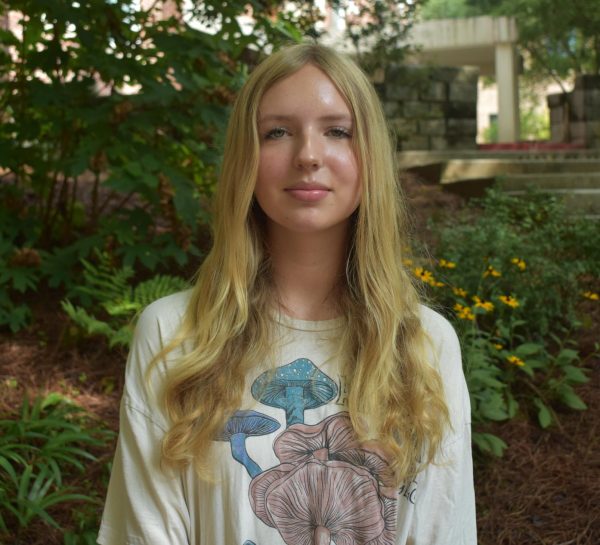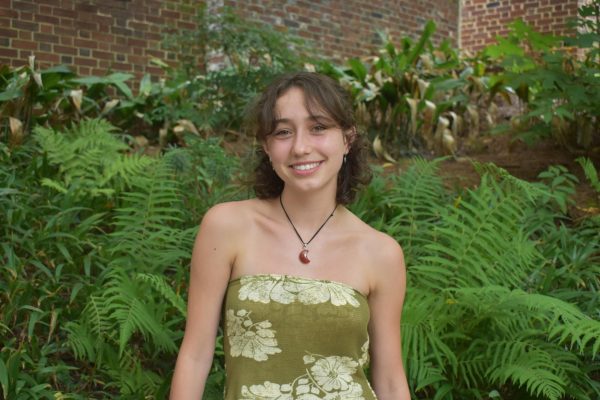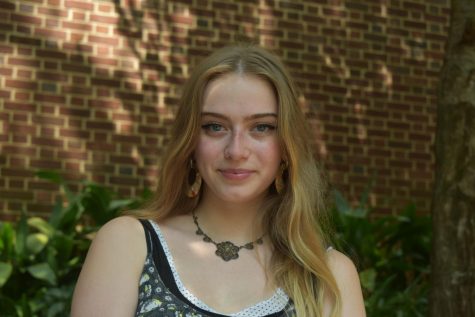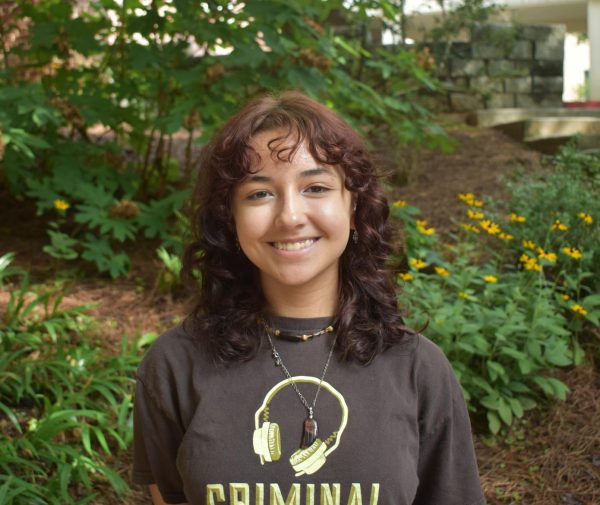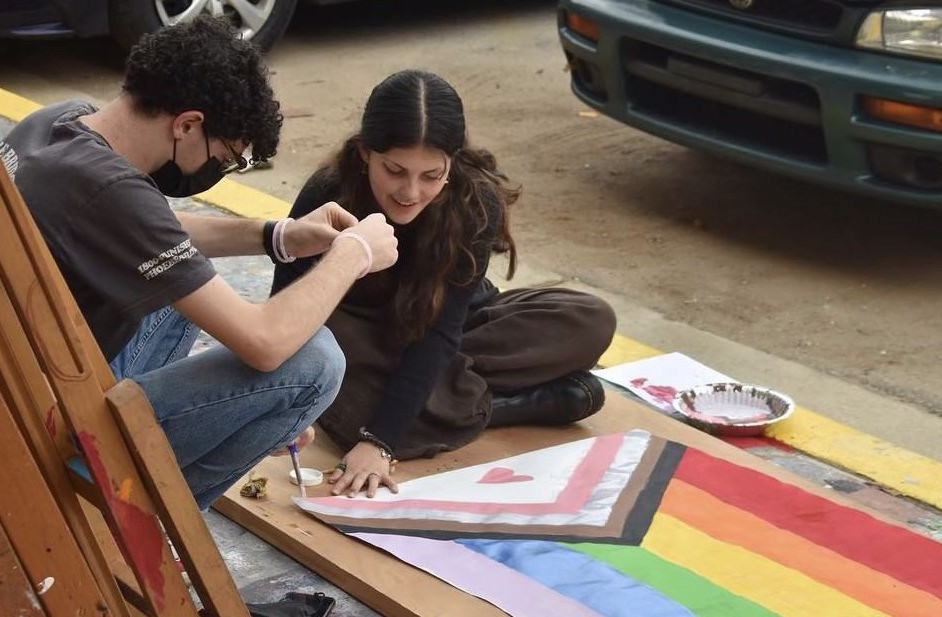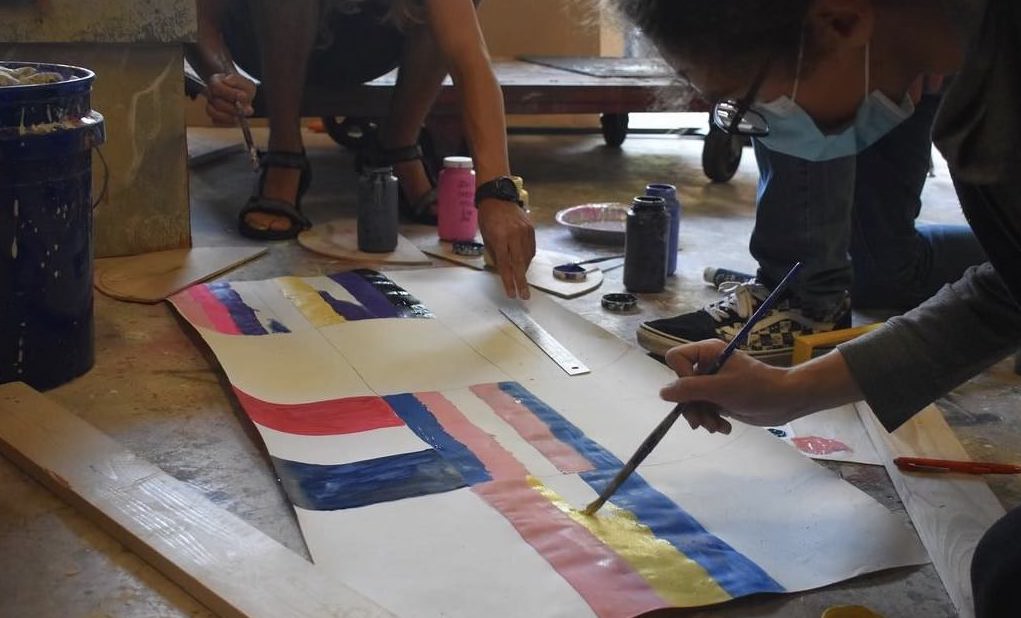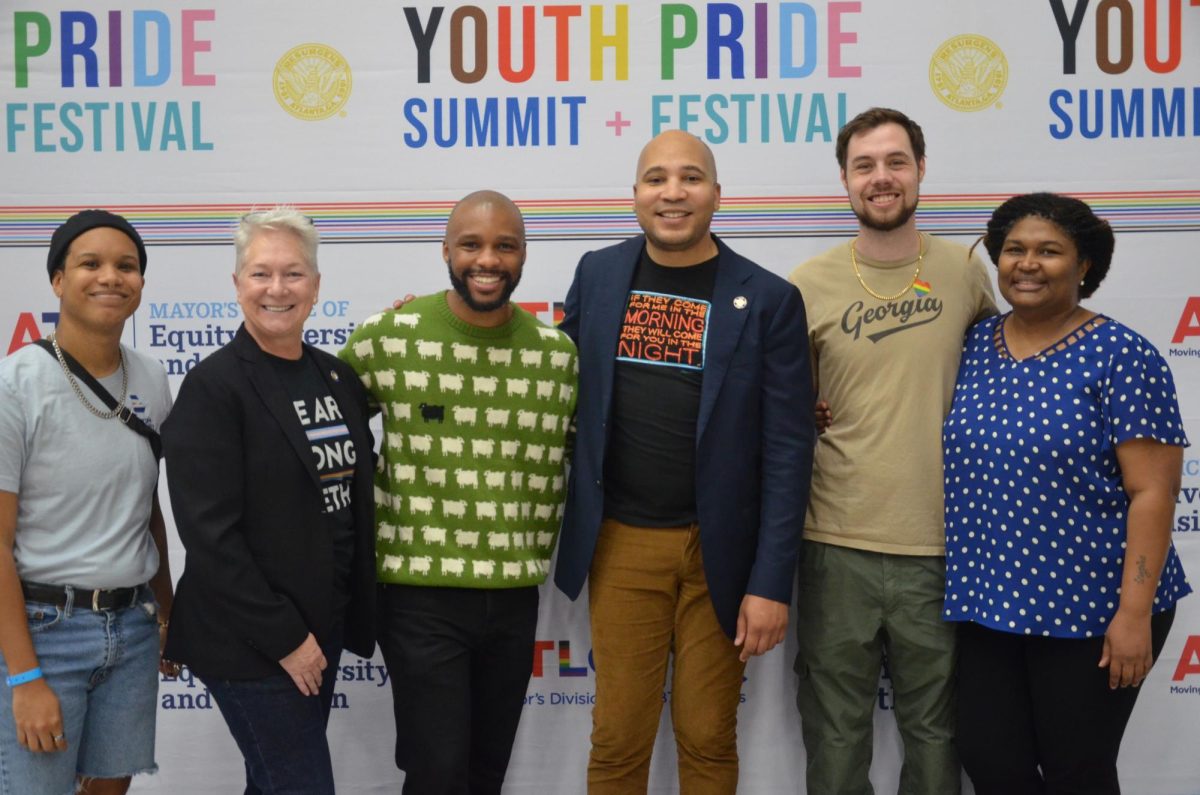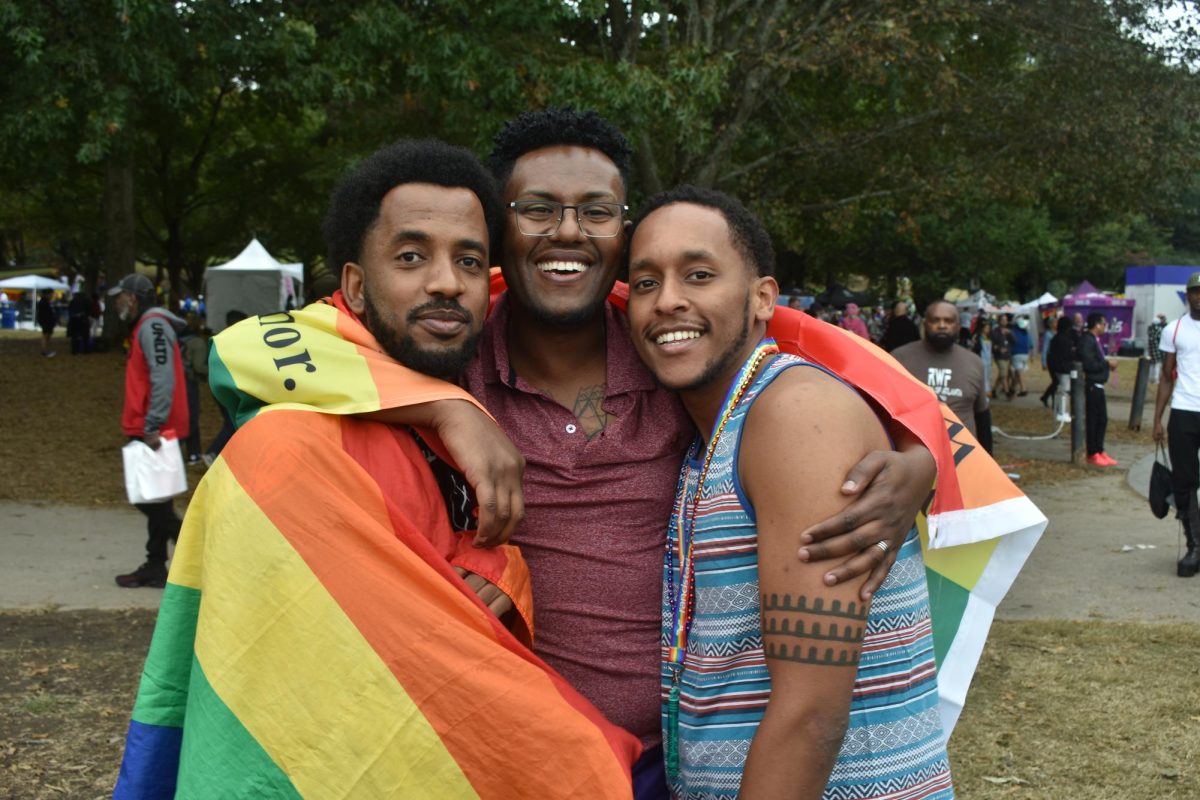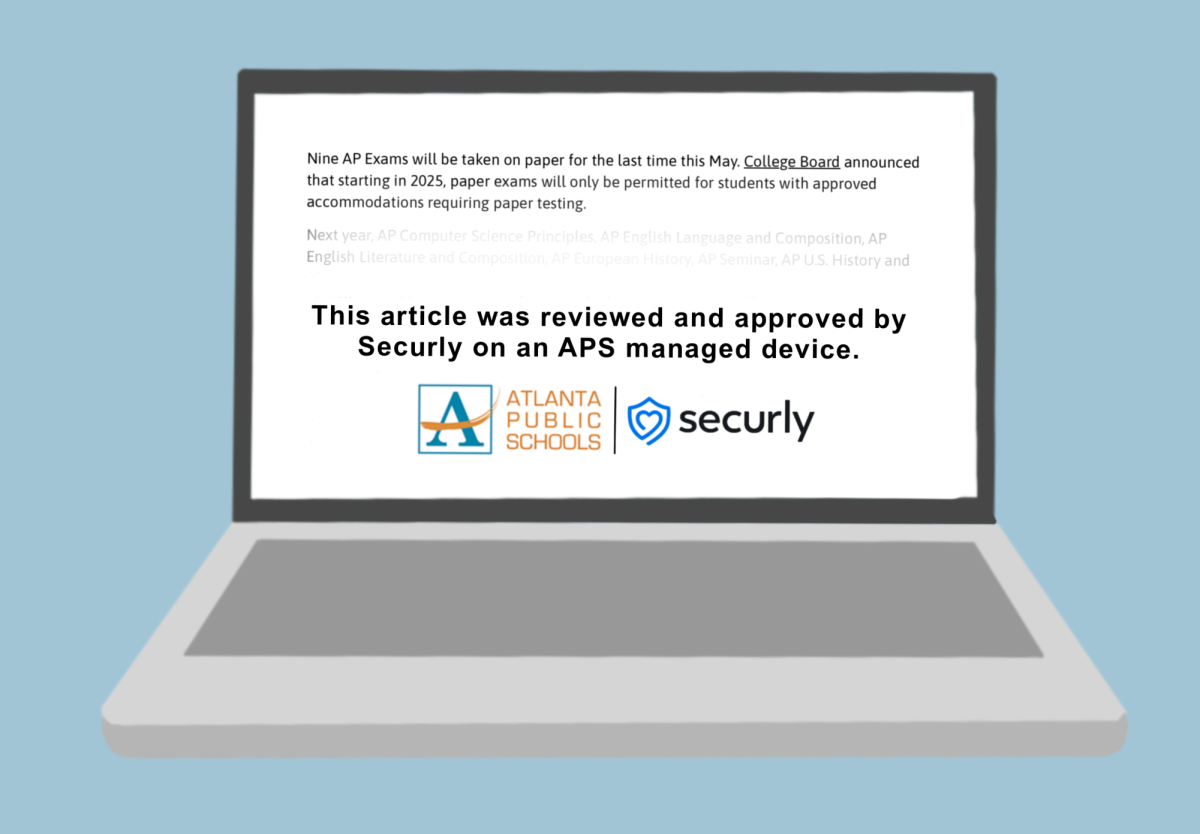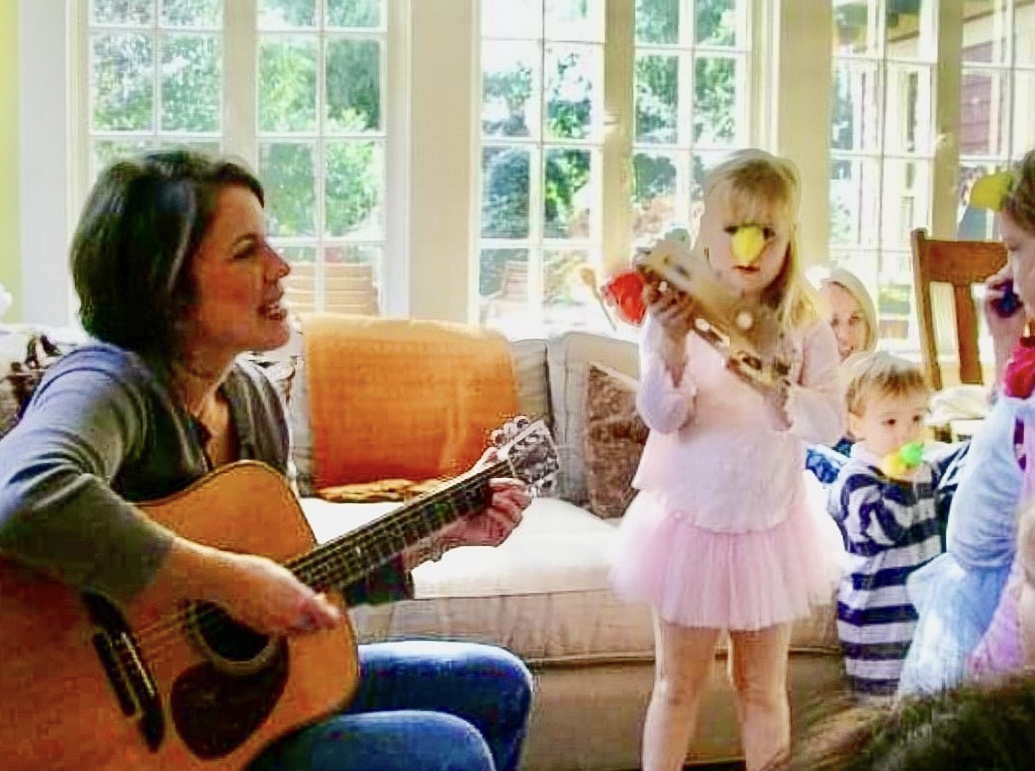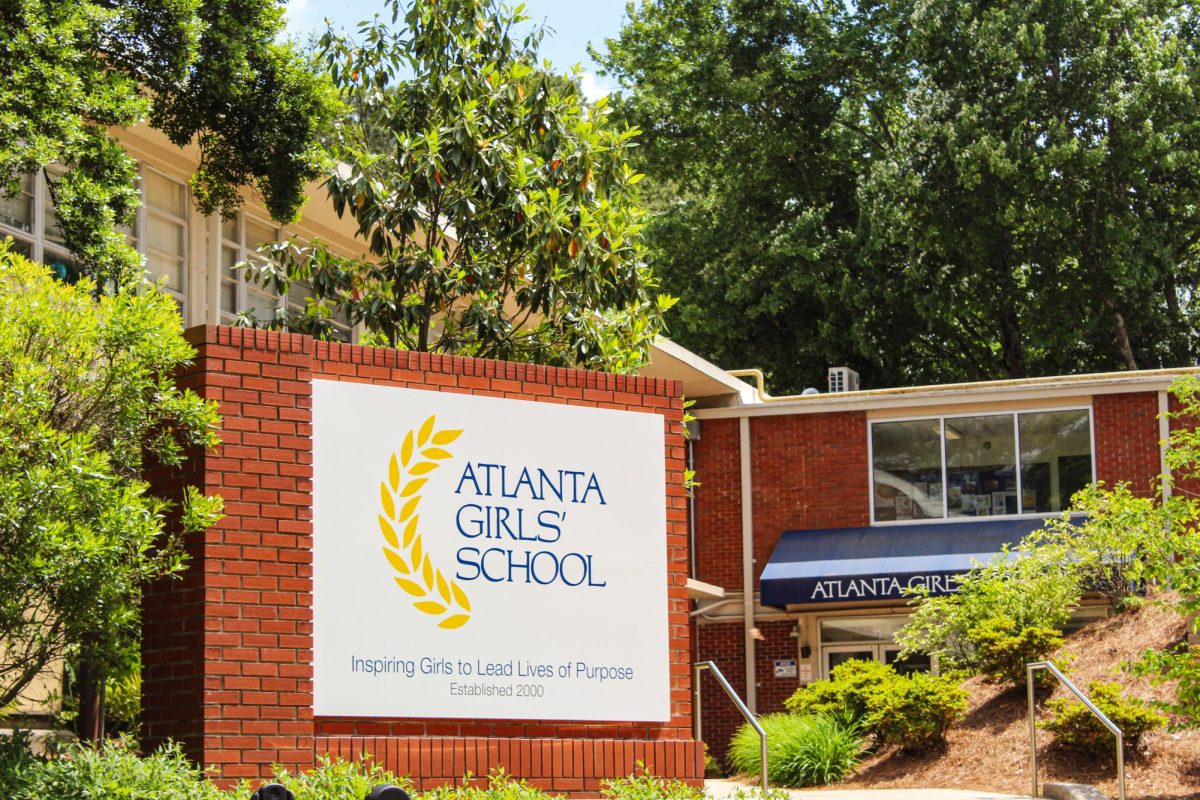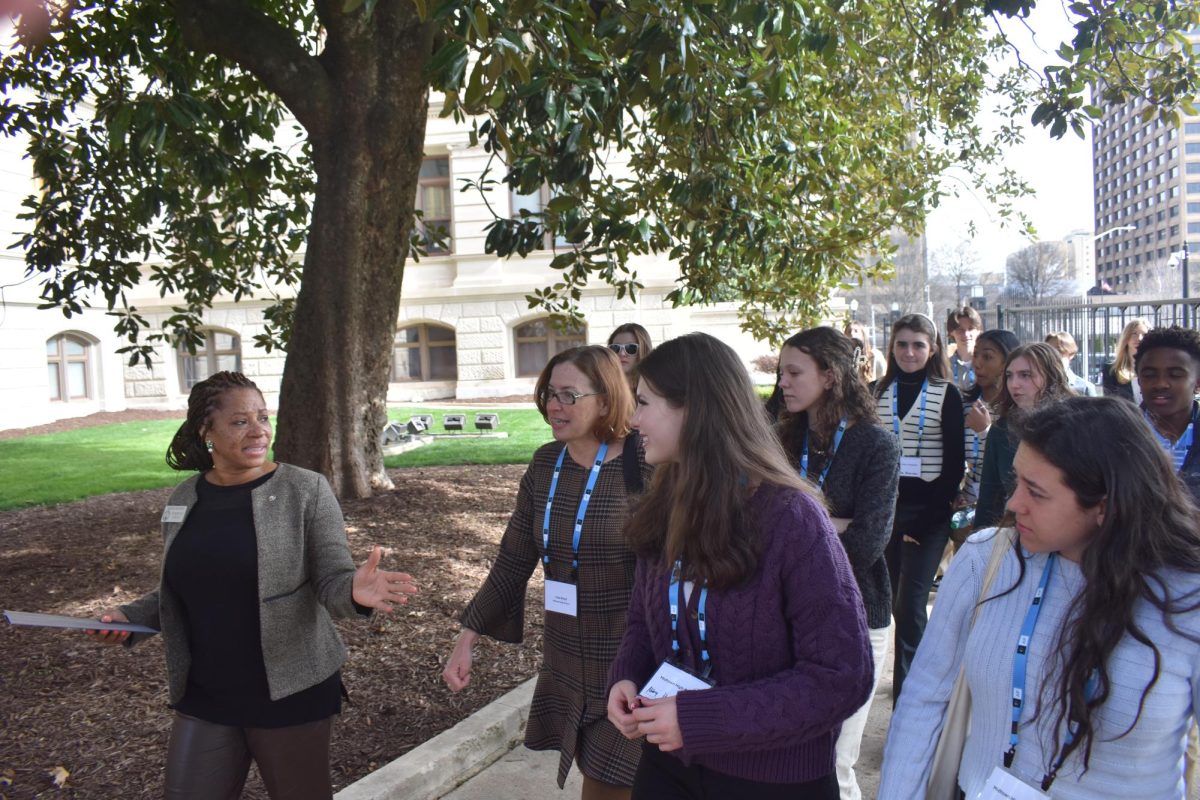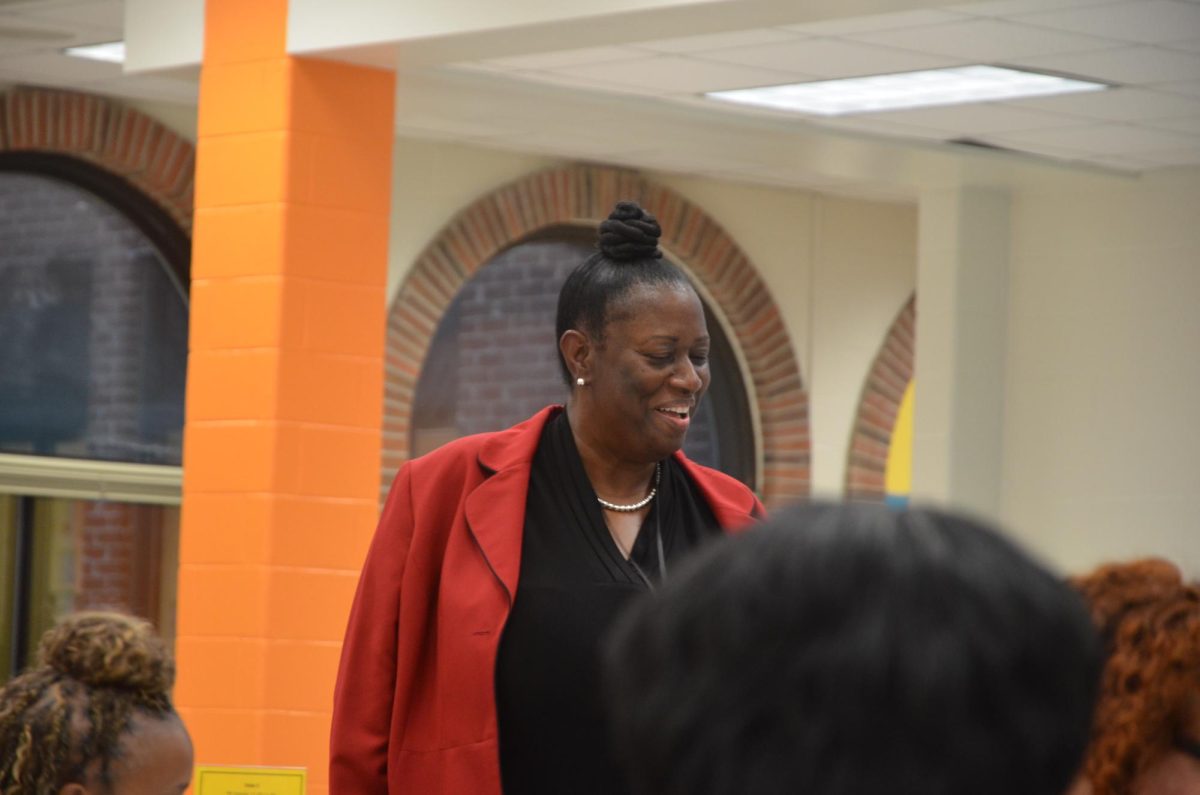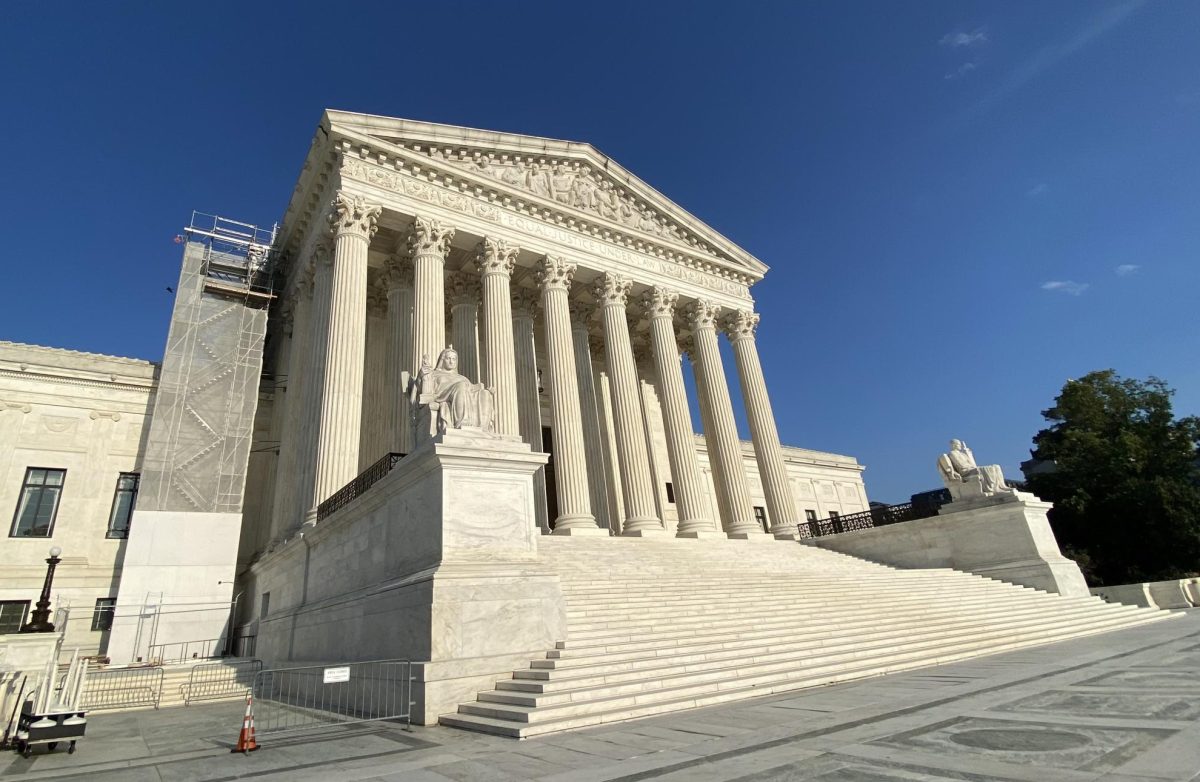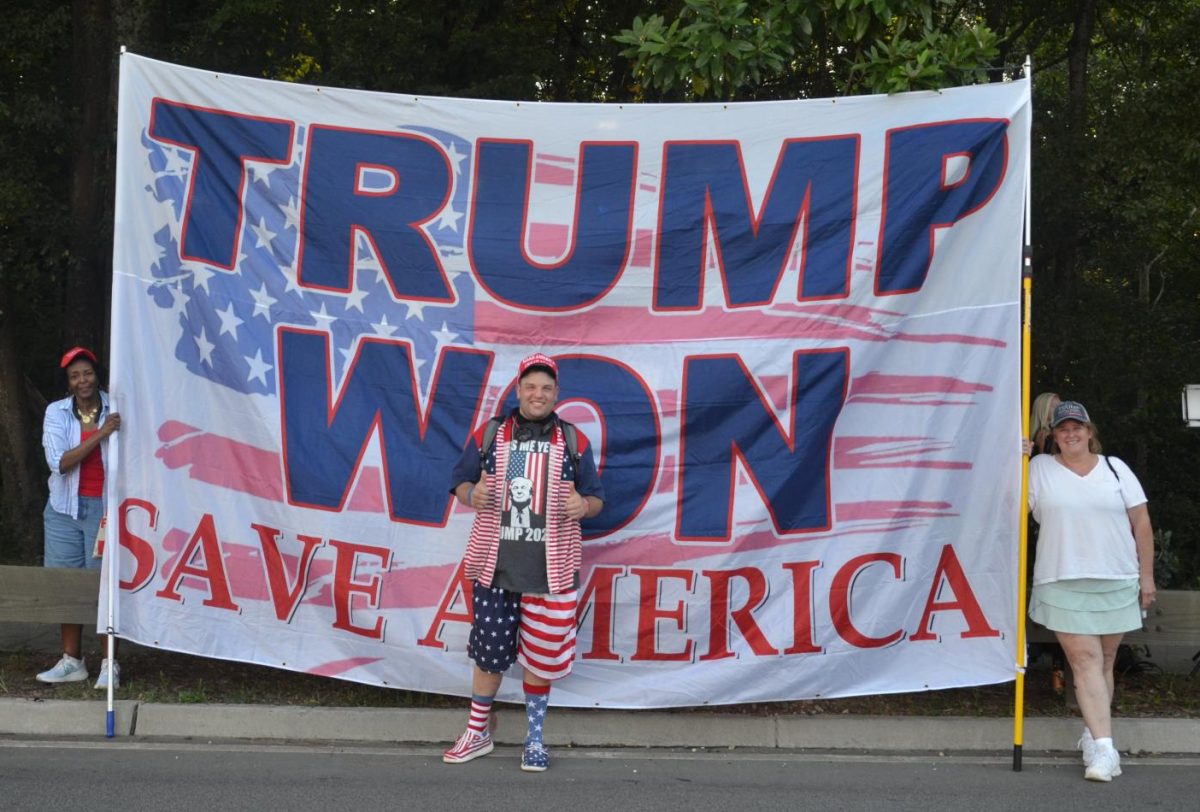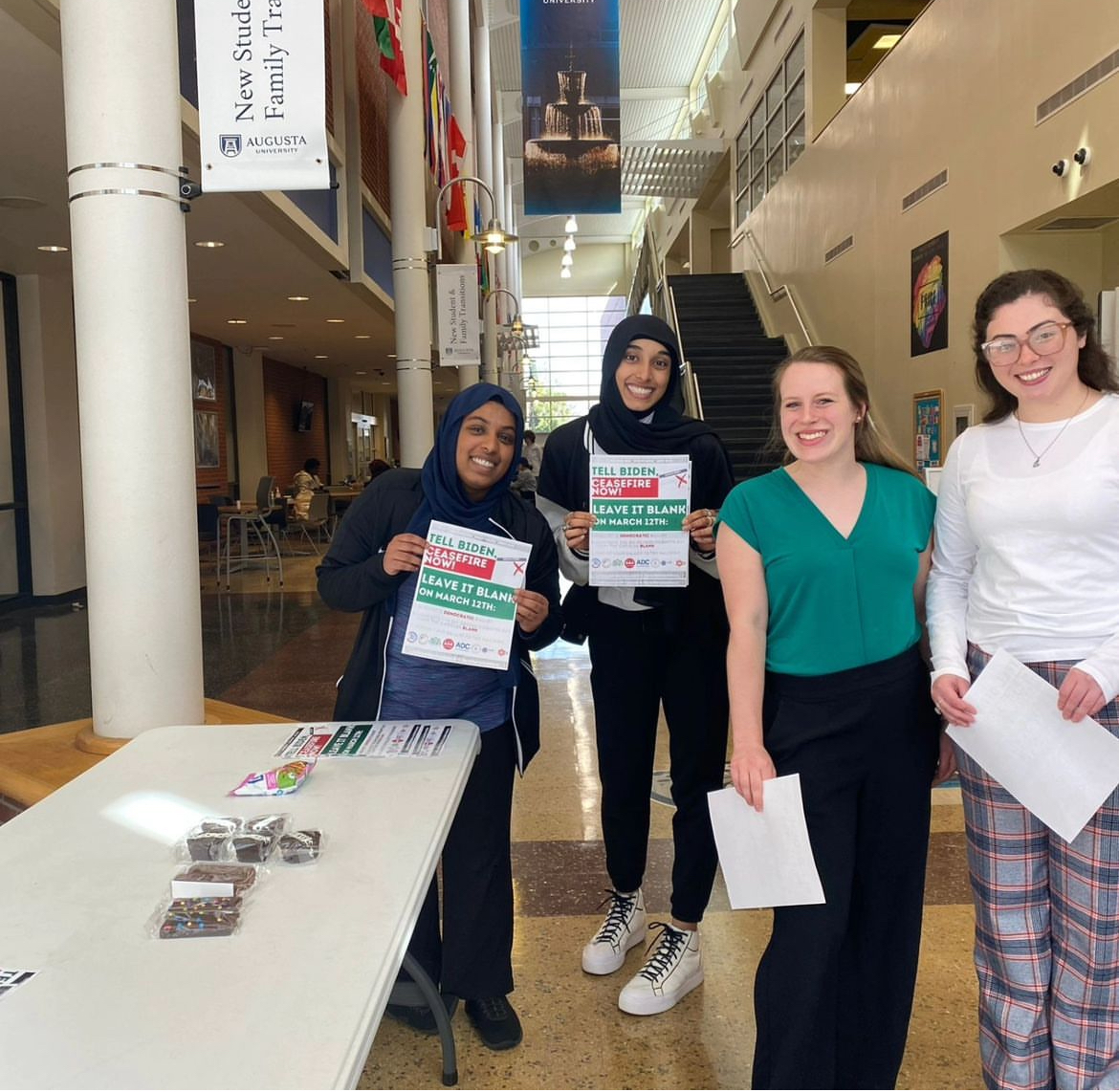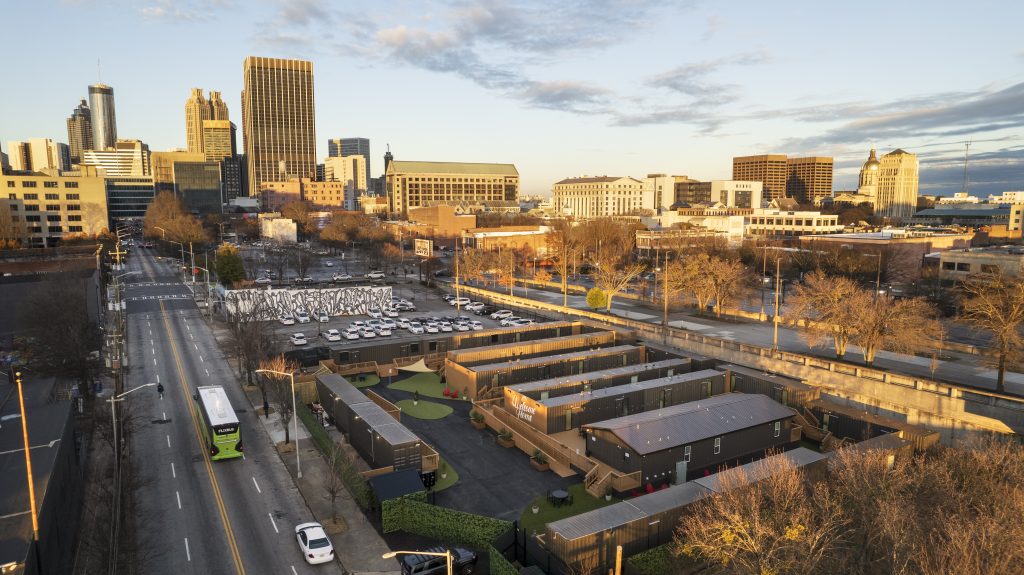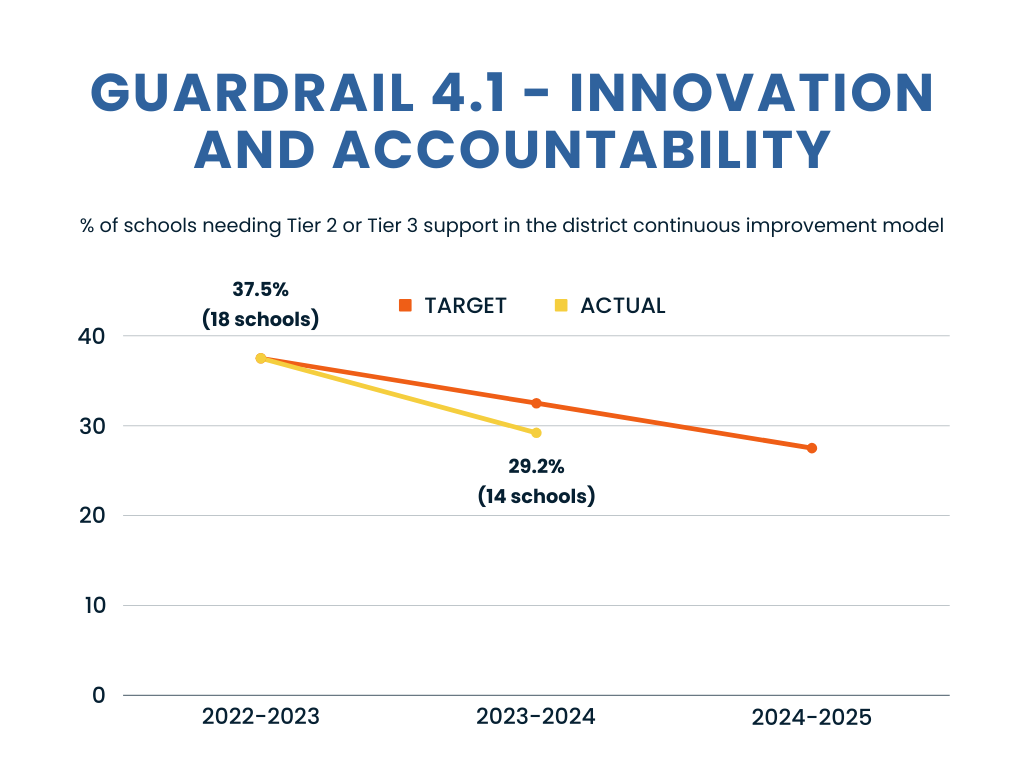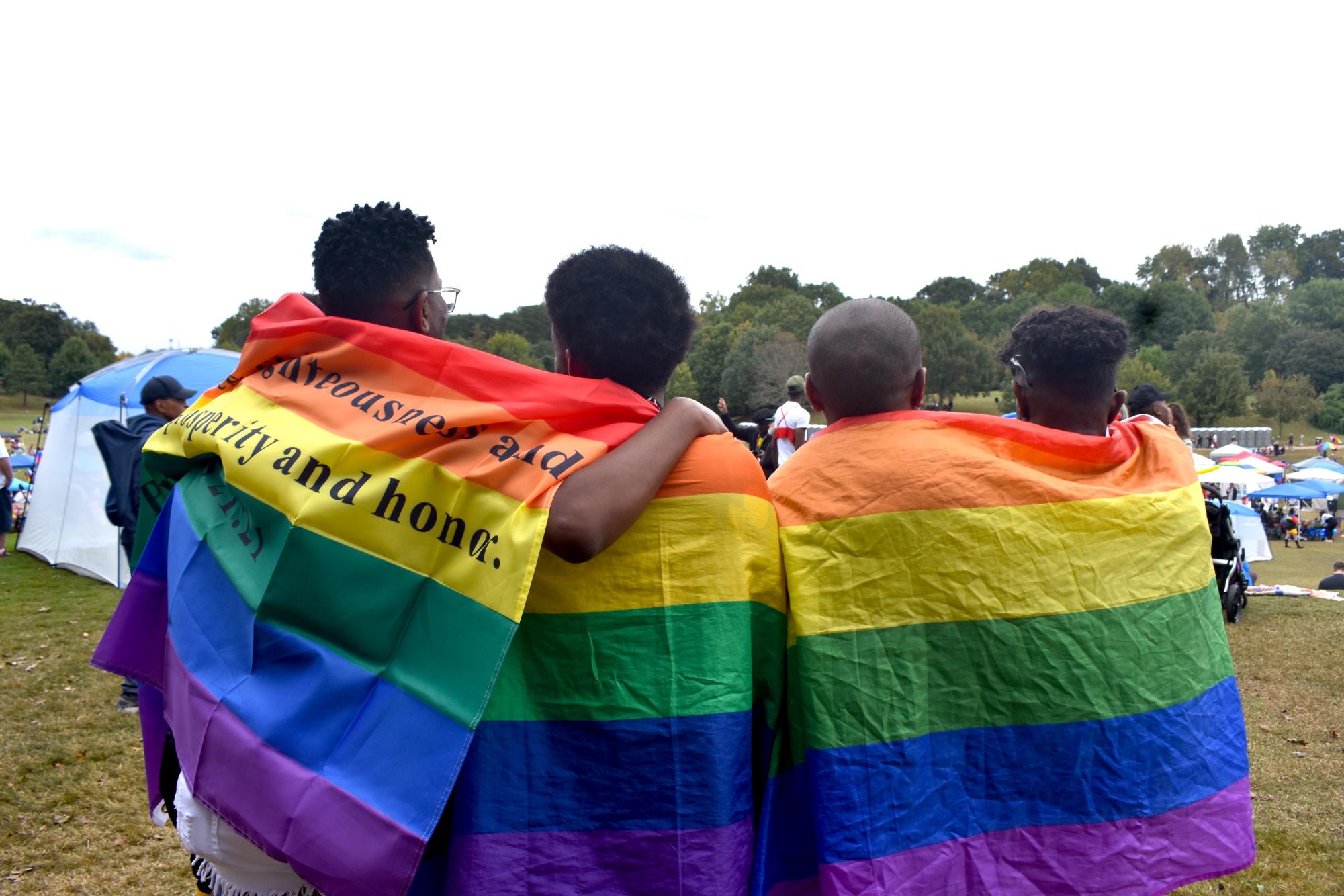
Vibrant Atlanta LGBTQ+ community confronts modern struggles
Midtown High School and the Midtown neighborhood have long been an epicenter of LGBTQ+ life in Atlanta. With LGBTQ+ partners highlighted as “Best Couple” in yearbook archives and a lively Gender-Sexuality Alliance, Midtown students are immersed in the history of LGBTQ+ life within the school walls and the broader community.
Grady has inherently been a ground zero of young LGBTQ+ activism in Atlanta.
— Matt Westmoreland, Atlanta City Councilman
Matt Westmoreland, Grady alum, former Atlanta school board member, and now one of three openly LGBTQ+ city council members, believes its geographic location creates a unique environment for students.
“I think, by virtue of its location, Grady has inherently been a ground zero of young LGBTQ+ activism in Atlanta,” Westmoreland said. “Even before I was a freshman 21 years ago, LGBTQ+ culture was an important part of Grady’s and the city’s true DNA. And I think that as a larger percentage of students identify that way, [LGBTQ+ acceptance] is becoming more and more true in schools across the city.”
Noted as Atlanta’s original “gayborhood” by Atlanta Intown, Midtown has been considered as a core of LGBTQ+ life in Atlanta and the broader Southeast. The area has fostered activism since the mid-20th century, but today, the community faces modern challenges.
“I think Atlanta, as a city, is really proud of standing as the LGBTQ+ capital of the South,” said Malik Brown, the city’s director of LGBTQ+ affairs. “With that, I think comes a lot of responsibility. My role is really important in just making sure that all people, certainly our youth, our elders and people of color, really have someone who champions them at City Hall and advocates for them.”
Midtown is situated four blocks away from the Atlanta Rainbow Crosswalks and next door to Piedmont Park, which is host to the Pride Parade every fall, along with other LGBTQ+ activism year-round.
Senior Jamie Connell, president of the Midtown Gender-Sexualities Alliance (GSA), said that this proximity makes a more welcoming environment for LGBTQ+ students in Midtown than many other schools.
“As opposed to anywhere else in Georgia, in general, [Midtown] is a very accepting and diverse community,” Connell said. “Having doors to the painted crosswalks, everything causes people to grow up more exposed to the community and realize that we’re all just human beings. It’s really nice to have that representation right out in front of all of us, where people are extremely proud to be themselves.”
Despite not being openly LGBTQ+ in his time at Grady, Westmoreland believes acceptance is celebrated by the Midtown administration.
“Both during my time as a student and in my return years later, it’s very clear to me that there are a number of students and a number of teachers and staff that are openly and proudly LGBTQ+,” Westmoreland said. “I think it feels like it’s a pretty warm, welcoming and inviting place, starting with the administrators and Dr. Bockman (Principal Dr. Betsy Bockman).”
Doug Young, a Midtown parent who is director of the Office of Design for the Future Places Project, has worked to create an in-depth context statement of the history of LGBTQ+ life in Atlanta, with funding from the National Historic Preservation Fund.
“One of the biggest takeaways from this statement is that LGBTQ+ history in the City of Atlanta, like it is in most places, is everywhere,” Young said. “What is probably surprising to the general public is that there are places and spaces associated with that history in most parts of the City of Atlanta in some form or fashion. And that would make sense, of course. Because LGBTQ+ folks are just like everybody else, and they are just here living their lives and working. And, so, their history is woven into the regular history of the City of Atlanta, and it doesn’t need to be, nor should be seen as separate from that — the history of the City of Atlanta.”
As Atlanta advances as one of the American metropolises with the highest LGBTQ population culminated to 12.8 percent, its LGBTQ+ youth grapples with unique challenges. However, the cityand organizations dedicated to supporting LGBTQ are at the forefront of addressing these difficulties.
Brown serves as the first liaison for the LGBTQ+ community to the mayor’s office and city and is the first full-time official in the Southeastern United States to focus on better connecting the LGBTQ+ community with municipal government. In this role, he drives systemic change and advances equity by advising Mayor Andre Dickens on policies, programs and initiatives affecting the LGBTQ+ community.
“It’s just been a really difficult year for LGBTQ youth, especially trans youth, when you think about the bathroom bills and the sports bills, and when you think about books being banned, and curriculum being struck; I feel like our youth are always on the defense,” Brown said. “And so, we really provided a space where people could grow and learn, strengthen bonds with their own families, make new friends, and learn about what the incredible organizations are working on.”
Nationally, we’ve got a [group of people] that’s trying to make us disappear, and make us invisible and take away our rights … but, LGBTQ people are very resilient, and they create landmarks and institutions.
— Philip Rafshoon, owner of Outwrite (Atlanta’s largest LGBTQ bookstore and coffeehouse)
Amid these challenges, Connell said the Midtown GSA is making an effort to educate students about the struggles that transgender youth experience.
“We talked a little bit about researching more into certain laws and regulations right now in GSA and other schools and how we can improve the mood by minimizing bullying of trans [people],” Connell said. “It would be nice for a lot of people who aren’t very pro-LGBT to get a message that it’s not okay to treat people like they’re not human,” Connell said.
Selima Morrow, who is a member of the Mayor of Atlanta’s LGBTQ Advisory Board, said the board strives to foster a welcoming environment for LGBTQ+ youth in light of the hardships they face. Morrow and others on the advisory board helped organize the Atlanta’s first-ever Youth Pride Summit and Festival to create a friendly atmosphere for LGBTQ+ youth.
“One thing we’re big on is community care, to make sure that we’re all coming together to create more spaces for young people to be, to thrive and to continue in their lives,” Morrow said. “We also are making sure that trans youth have safe spaces through policy advocacy. We’re trying to make sure that we’re able to meet the needs of young people in any way we can.”
Homelessness is a significant issue for LGBTQ+ youth in Atlanta, with 40 percent of the city’s LGBTQ+ youth population being homeless. Joseph Hesskamp, who is a Youth Navigation Specialist for “Hope Thru Soap,” said there is little support for youth experiencing homelessness in Atlanta.
“There’s only two youth shelters in all of Atlanta,” Hesskamp said. “And you might think, ‘okay, so they have like 500 beds.’ No. one has 24 beds, the other one has 56. As of last week, 168 people that are aged 2 to 24 are experiencing homelessness waiting for housing, so a lot of them are out on the streets.”
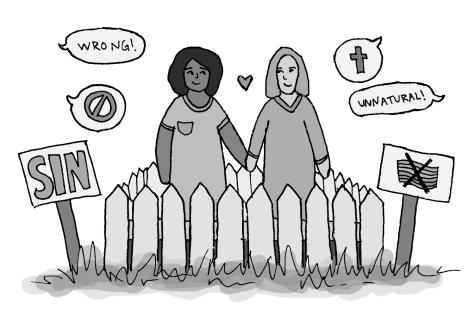
Living in an LGBTQ "liberal bubble"
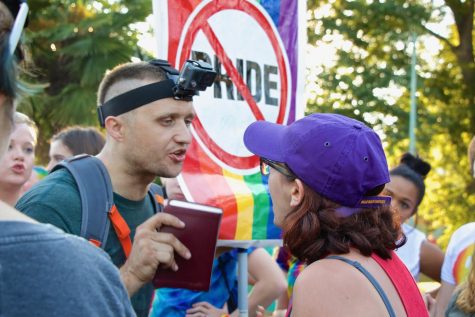
LGBTQ community proud, students still seek acceptance
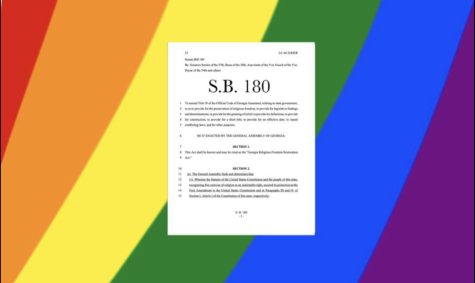
Religious Liberty Bill threatens LGBTQ rights
Hesskamp said homelessness in the LGBTQ+ youth community often stems from a lack of support from their parents, leading to situations where they are forced to leave their homes.
Sophomore Diana Keathley, who is on the leadership board for GSA, said she has noticed this issue among some of her friends.
“It’s really the people that matter most, and the people who are supposed to provide you a home, healthcare and everything, when they refuse to help and support who you are as a person, that can be really tough,” Keathley said. “I do have a couple of friends who have it pretty rough, and so I’ve tried to help them out when I can. Sometimes, their home [situation] isn’t great, so I just let them stay at my house, or I find them a place to stay.”
The challenges of LGBTQ+ youth are one facet of the struggles experienced by the broader LGBTQ+ community in Atlanta. Philip Rafshoon, who owned Outwrite – Atlanta’s largest LGBTQ bookstore and coffeehouse (now defunct) – said Midtown’s vibrant LGBTQ+ culture isn’t as prominent as it once was because those who identify as LGBTQ+ have scattered throughout the city.
“As we get dispersed around the city, it makes our core neighborhoods like Midtown not as heavily LGBTQ-friendly, and I think it’s important to have a strong core as people come out,” Rafshoon said. “If they move to the city, they want to know a place where they can go where they can meet others and see others that are like them. As we become scattered throughout the city, it’s harder to find that specific placement.”
Despite the challenges Atlanta’s LGBTQ+ community confronts, Rafshoon believes the community can persevere.
“Nationally, we’ve got a [group of people] that’s trying to make us disappear, and make us invisible and take away our rights … but, LGBTQ people are very resilient, and they create landmarks and institutions,” Rafshoon said.
In September, Atlanta Public Schools released a statement expressing its support for its LGBTQ+ students. For some LGBTQ+ students and members of the Midtown community, this statement reinforced a sense of inclusivity and support for Atlanta’s LGBTQ+ community.
“We feel like we have no control over anything,” Connell said. “So, to hear that the entire school district is on your side is really powerful.”
Brown said while he appreciates APS’ efforts to make the statement, implementing comprehensive policies to make sure LBGTQ youth’s needs are addressed would have a greater impact.
“I think it’s really important for LGBTQ youth to hear directly from their superintendent, their teachers, their principals,” Brown said. “It’s one thing to say that they support LGBTQ people, that’s very important. I also think it’s very important to really get down to the policy.”
Youth Engagement Organizer for Georgia Equality Jack Jordan said that providing a platform for youth to advocate for themselves could have an outsized influence on political and social change in Atlanta.
“I think Gen Z is probably the most outspoken in regard to protest advocacy work in regard to changing policy … I think it’s at the adults and the people in power do not listen enough,” Jordan said. “I’ve talked to young people that are interested in these things every single day. They definitely exist; [adults] are just not listening.”
Rafshoon said in the present day, Atlanta’s LGBTQ+ youth face a scarcity of places they can gather and find support.
“What we need is a center where youth can go to meet other people to get their needs met,” Rafshoon said. “There was an organization called Youth Pride for a long time, which was very helpful for the youth. They provided services, they provided meetings, they provided support groups, and we don’t have that right now, so I think that’s one of the biggest challenges for youth today.”
Sandy Mollet, an advisory board member who helped coordinate Atlanta’s Youth Pride Summit last month. The summit aimed to provide resources and activities for LGBTQ+ youth.
“The main thing that we really got to focus on was the fact that we wanted to make sure there’s space for LGBTQ youth to just have fun, and just enjoy themselves and to not be worried about being safe, but making sure they feel safe here,” Mollet said.
Brown believes LGBTQ+ youth should be given a voice to advocate for themselves through a LGBTQ student advisory board for APS.
“I do think some sort of LGBTQ youth council for APS could be a really good idea,” Brown said. “As an activist and advocate, I have an idea of what LGBTQ youth need, but I’m 33; I’m not a middle school student, [but] I think it could be really great.”
Connell emphasizes the need for APS to consider the voices of LGBTQ+ youth.
“It’s so important, just in general, to have some control because we’re inheriting the world,” Connell said. “This is the world that we’re living in in the future, and it’s imperative to be able to have some kind of control [over] the laws that are affecting your life. So, I think [communication between the district and students] would definitely help a lot of students to feel a little more like they’re not just helpless.”
